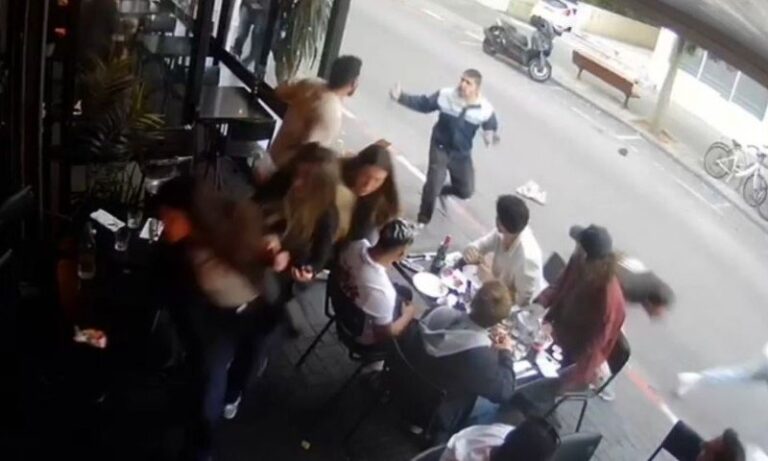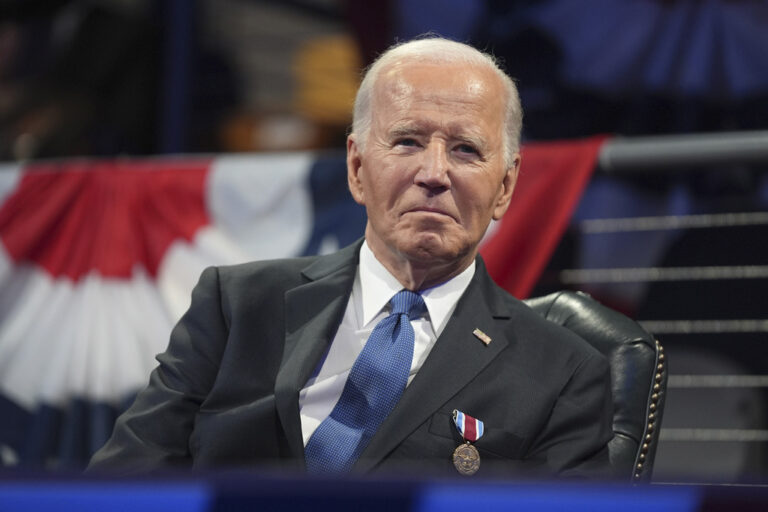 As summer unfolds, we behold and endure graduation ceremonies – the recognition of academic milestones, the bestowing of diplomas, the conferring of awards and the delivery, to excess, of commencement addresses.
As summer unfolds, we behold and endure graduation ceremonies – the recognition of academic milestones, the bestowing of diplomas, the conferring of awards and the delivery, to excess, of commencement addresses.
Having had the privilege for many years of serving as a rebbe and principal of a yeshiva high school, I probably imposed on captive audiences more than my share of shared wisdom, heaping servings of words that were likely lost entirely in the reveries of proud parents and squirmy students. Now, having had graduates of my own and having been on the receiving end of graduation speeches, I find myself with a fresh appreciation for oratorical minimalism.
Still and all, an occasional graduation speech – sometimes even one delivered by an actual graduate – achieves memorability. That was the case at one of our daughters’ high school graduations.
The custom at the Bais Yaakov she attended is to not designate a valedictorian or salutatorian. Instead, the class members themselves, by closed vote, suggest several young women to briefly share thoughts with those gathered for the graduation ceremony.
One of the seniors that year began with what seasoned graduation-goers immediately recognized, and dreaded, as a numbing cliché: a reference to Robert Frost’s “The Road Not Taken.”
Oy, we collectively (if silently) moaned. Another declaration of personal independence, one more sweet paean to individualism. Although a careful reading of the poem reveals the possibility, perhaps probability, of an ironic intent in Frost’s haunting words, the poem has nevertheless widely come to be taken as a satisfied celebration of individuality, of the existential value of the less-traveled road.
Now there’s nothing wrong with individuality, to be sure. But all the same, the poem and its purported point are rather heavily traveled themselves, having become staples of countless literature classes, poetry recitals – and graduations.
So I sank in my seat with resignation, reassuring myself that it would all be over soon enough.
As it happened, though, where this particular young Jewish woman went with Frost’s famous lines was something not to be missed. I don’t have her words before me but I well recall their essence.
The poem’s narrator, she explained, seems to take pride in having chosen from the “two roads diverged in a yellow wood” the one “less traveled by” – a choice that, looked back upon “somewhere ages and ages hence,” would turn out to have “made all the difference.”
The graduation speaker, though, begged to take issue with the idea that the less traveled path is necessarily the more valiant choice. The life-path, for example, that she and her classmates had come to value most was a road well-worn indeed, trodden by countless Jewish doros that came this way before our own arrival here.
We hold our heads high, she declared, as we endeavor to walk in their very footsteps, filled with pride at the chance to follow such inspiring predecessors, and to wear as did they, the hallowed mantle of Torah and mitzvos. Judaism, after all, she explained, is not about blazing new paths but about cherishing and preserving time-honored ones.
It was, ironically, a rebellious message in its own way. It boldly shunned the conformity-in-the-guise-of-individualism proffered at every turn by our open, freedom-loving society, a society that trumpets self-celebration, self-fulfillment, self respect, self.
What this seventeen-year-old was saying was that our undeniable value as individuals must be tempered by, even made subservient to, our value as links over history in a chain of life and family and peoplehood – as members of an eternal community of belief and commitment.
It is a message, truly, for our times. In an age of emotional alienation, marital discord, rampant consumerism and instant gratification, nothing could be healthier to digest than the fact that we have not only desires but responsibilities, that we were gifted with our lives to fulfill something more than ourselves.
Those who are zocheh to truly embrace that realization will likely one day, ages hence, look back and realize that, indeed, it really made all the difference.
© 2008 AM ECHAD RESOURCES
[Rabbi Shafran is director of public affairs for Agudath Israel of America]











One Response
Rabbi Shafran,
I love reading your articles.
They are thought provoking, well written, and most importantly you writing level and topic of choice are mature and posotive.
I don’t feel like i’m listening to a disgrutled 4th grader or an angry adult.
Keep up your good work.